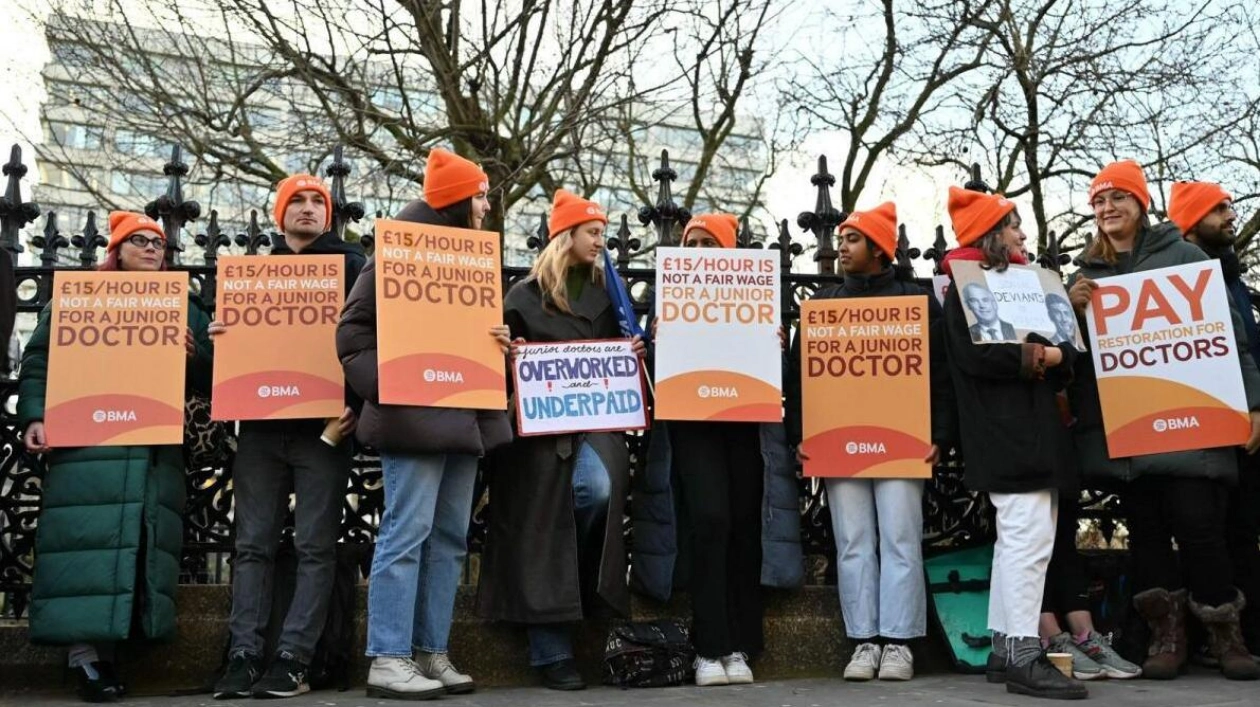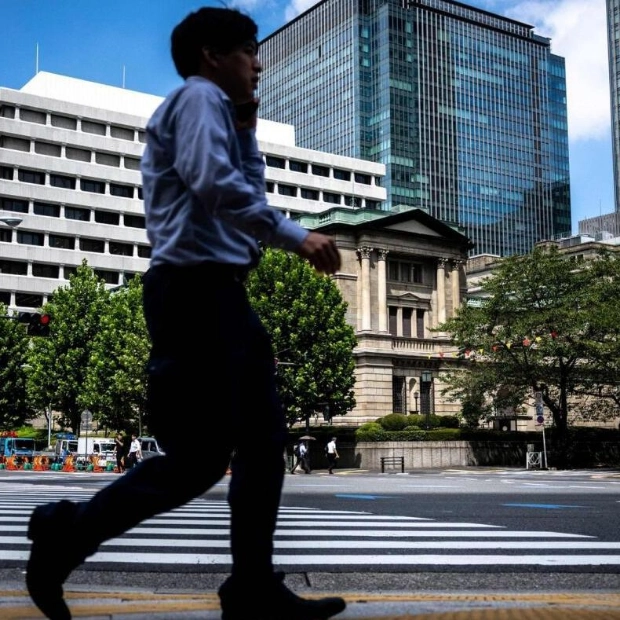Family doctors within the state-funded National Health Service (NHS) in England were set to commence industrial action for the first time in 60 years on Thursday, following an overwhelming vote in favor of such action due to disputes over funding and contract modifications. The British Medical Association (BMA) trade union reported that over 8,500 General Practitioners (GPs) participated in the ballot, with 98.3 percent voting in favor of immediate collective action. This would involve doctors ceasing work not formally contracted and withdrawing from patient data sharing agreements. The NHS indicated that this could lead to GPs restricting the number of daily patient appointments.
"GPs are at their wit's end. This is an act of desperation. For too long, we've been unable to provide the care we desire. We are seeing general practice being dismantled," stated Katie Bramall-Stainer, chair of the BMA's GP committee for England. "The era of the family doctor has been eradicated by successive governments, and our patients are bearing the brunt." Matthew Taylor, CEO of the NHS Confederation, expressed disappointment with the decision. The vote for action commenced prior to the July election, where the Conservative Party relinquished power after 14 years.
The new Labour government announced on Thursday that it would grant doctors' surgeries greater autonomy in hiring additional staff to recruit over 1,000 newly-qualified GPs this year, a change the medical profession had advocated for. Health Minister Wes Streeting stated that an additional £82 million for hiring these GPs would be funded through reallocating resources within his department. "I can empathize with why GPs sought to penalize the previous government. However, taking collective action will only harm patients," he wrote in the Telegraph newspaper before the ballot results were disclosed. "I aim to reset the relationship between GPs and their government."
Earlier this week, the government acquiesced to the recommendation of an independent body to raise GP pay by six percent, but the BMA argued that this was insufficient. The BMA acknowledged that Labour had inherited a fractured NHS and had engaged in some constructive discussions with Streeting but felt compelled to proceed with the action. "This will not be a 'big bang'. It will be a gradual process. The impact may not be immediately apparent. We hope this will provide the new government with time to contemplate our proposed solutions, including resolving our contract issues once and for all," Bramall-Stainer commented.






